9731 Giles Road
La Vista, NE 68128
18140 Burke Street, #100, Omaha , NE 68022 • (402) 256-1132
9731 Giles Road, La Vista, NE 68128 • (402) 537-4620
Learn More About Panneton Dental Group
Located in Omaha, NE, Panneton Dental Group specializes in dental implants, general dentistry, and cosmetic dentistry services. Financing available. Membership plans available. Call today.
Business Hours
- Mon - Thu
- -
- Friday
- -
- Sat - Sun
- Closed
Hi. Do you need any help?
Privacy Policy
| Do Not Share My Information
| Conditions of Use
| Notice and Take Down Policy
| Website Accessibility Policy
© 2026
The content on this website is owned by us and our licensors. Do not copy any content (including images) without our consent.



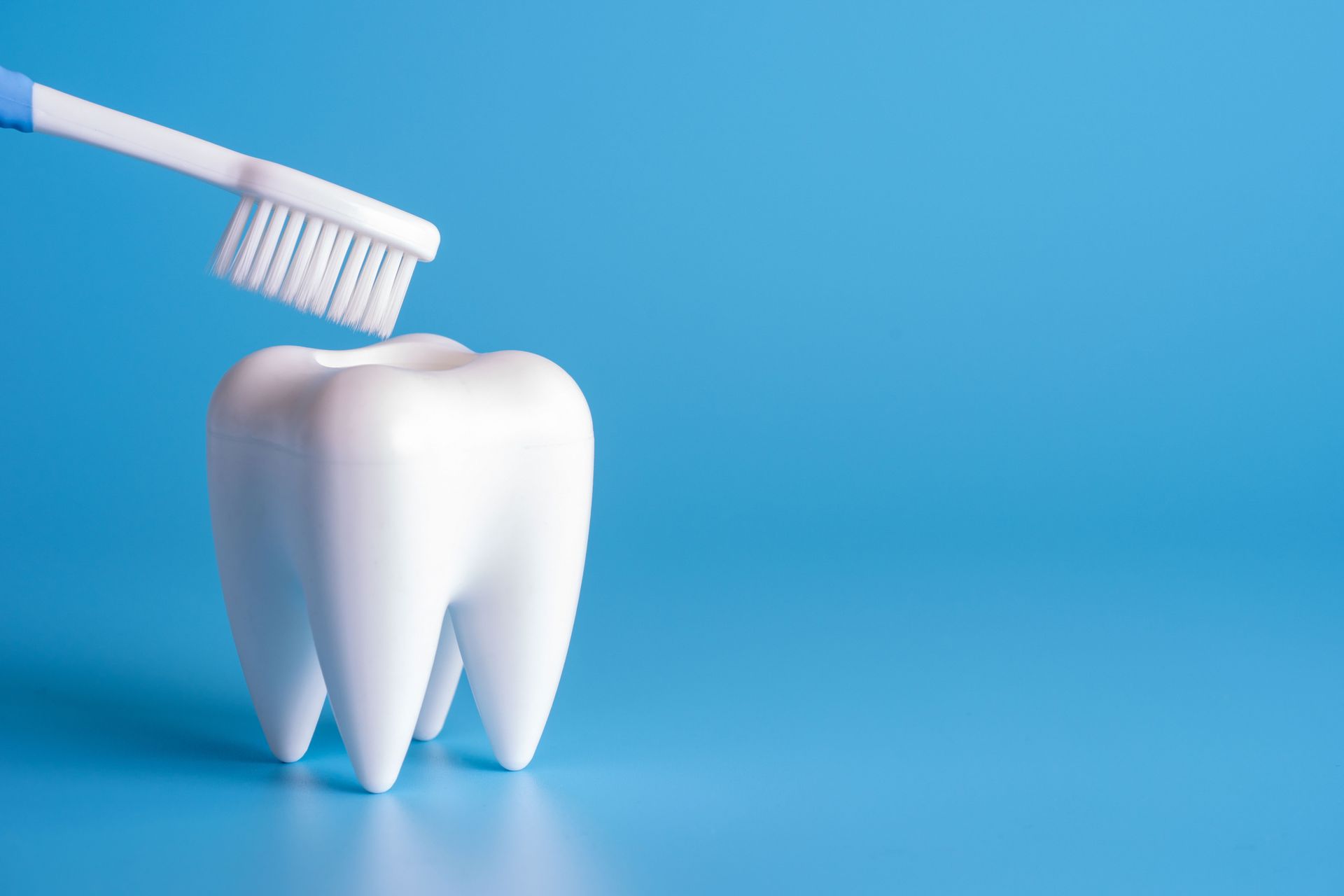
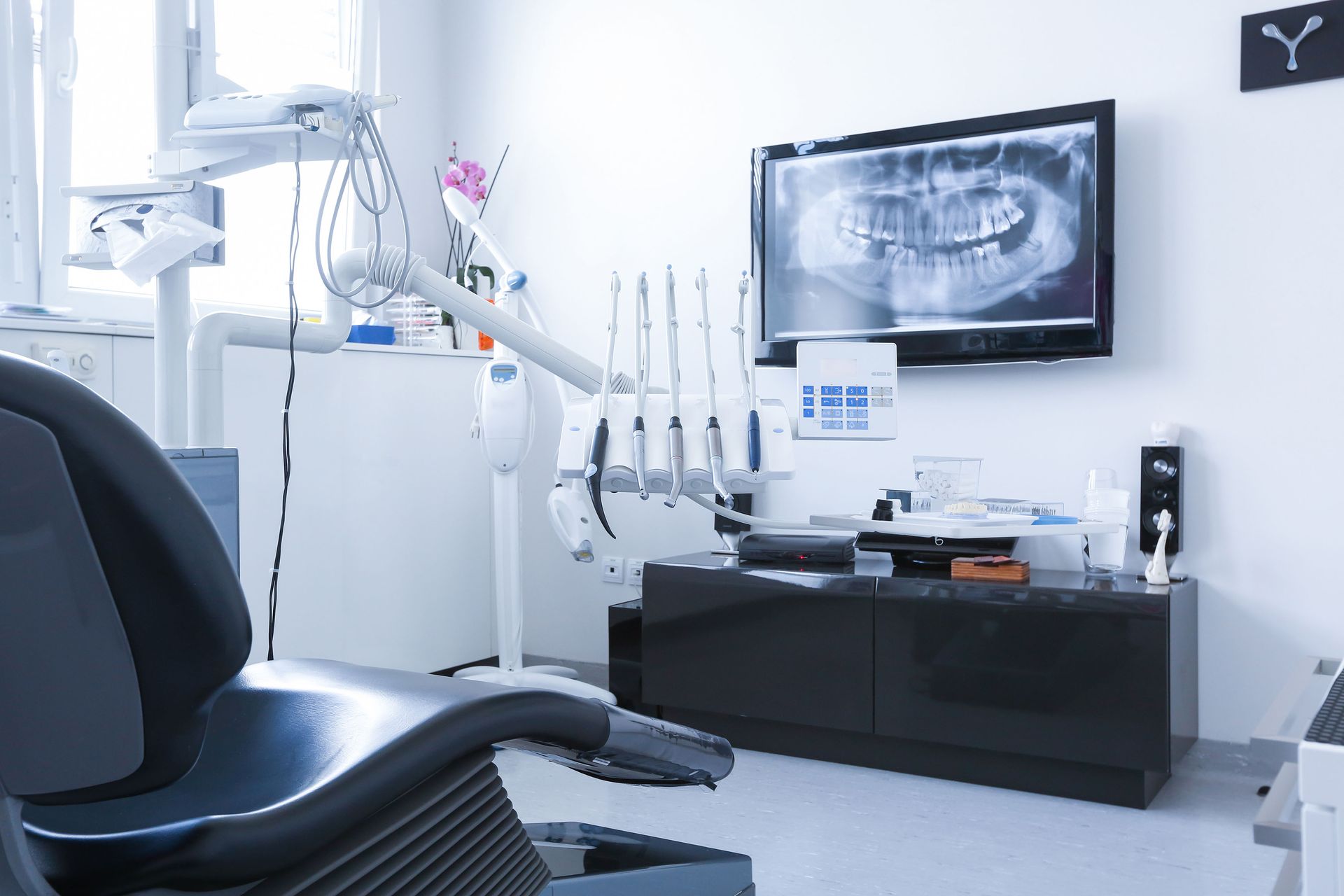
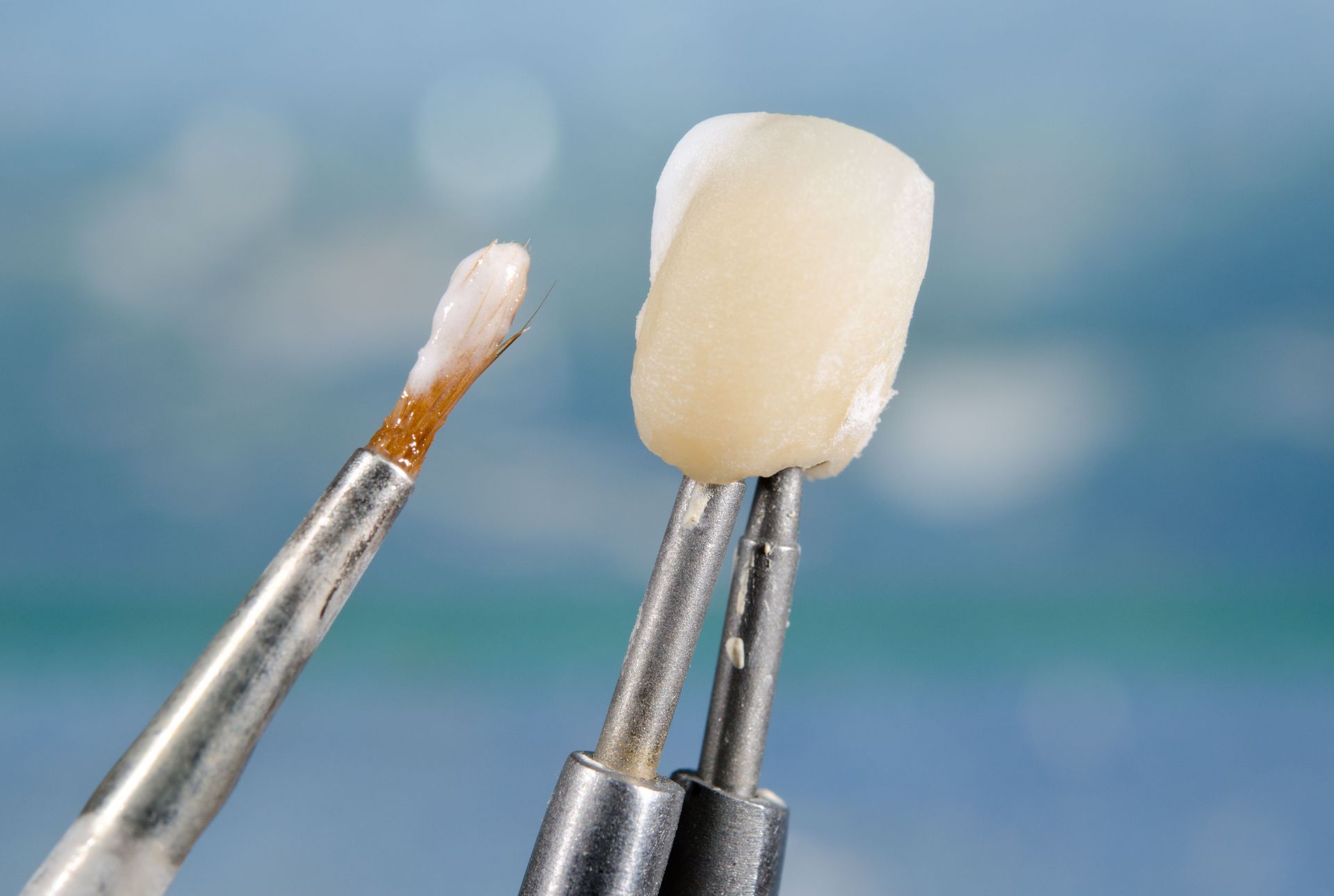
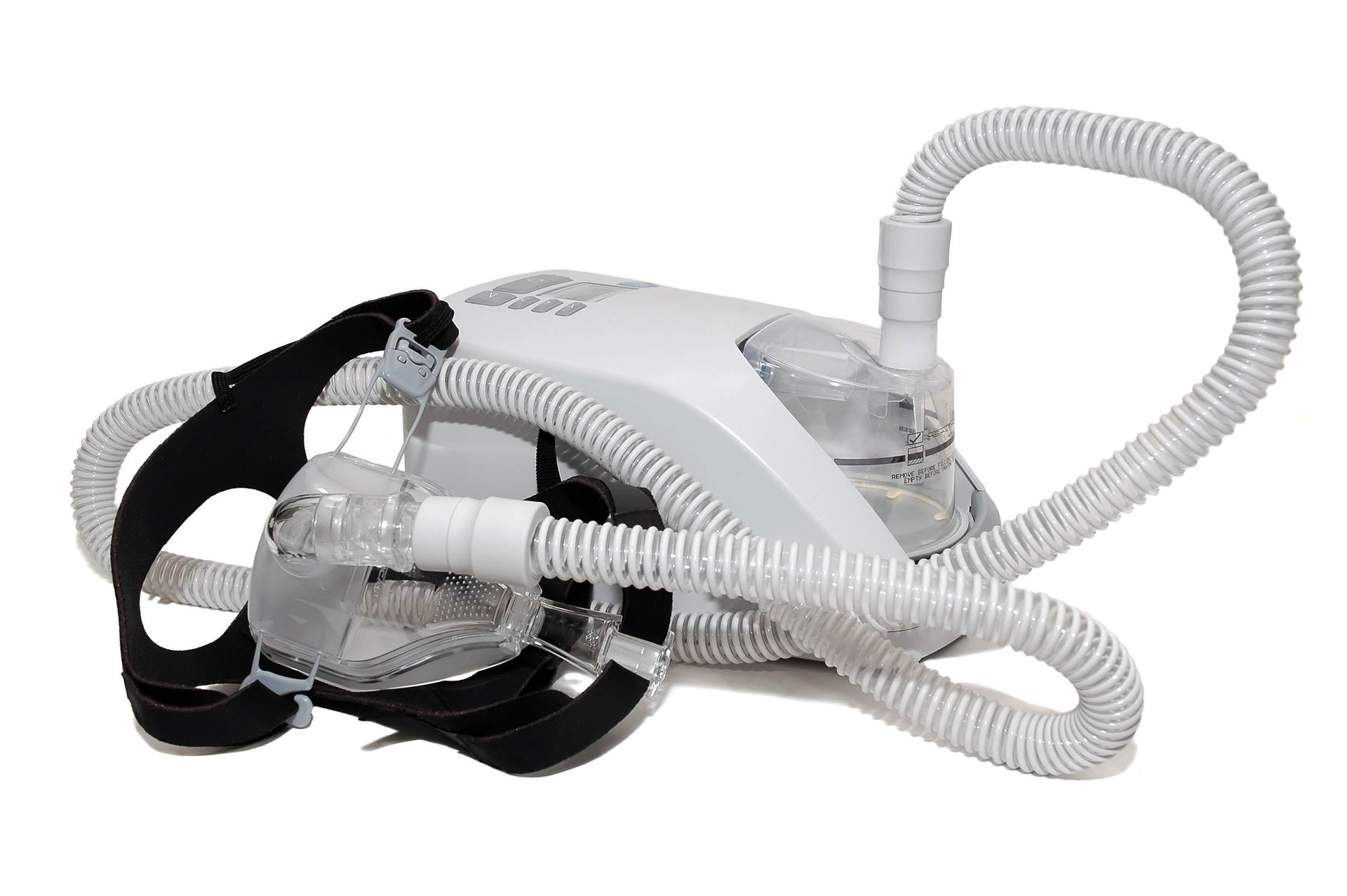

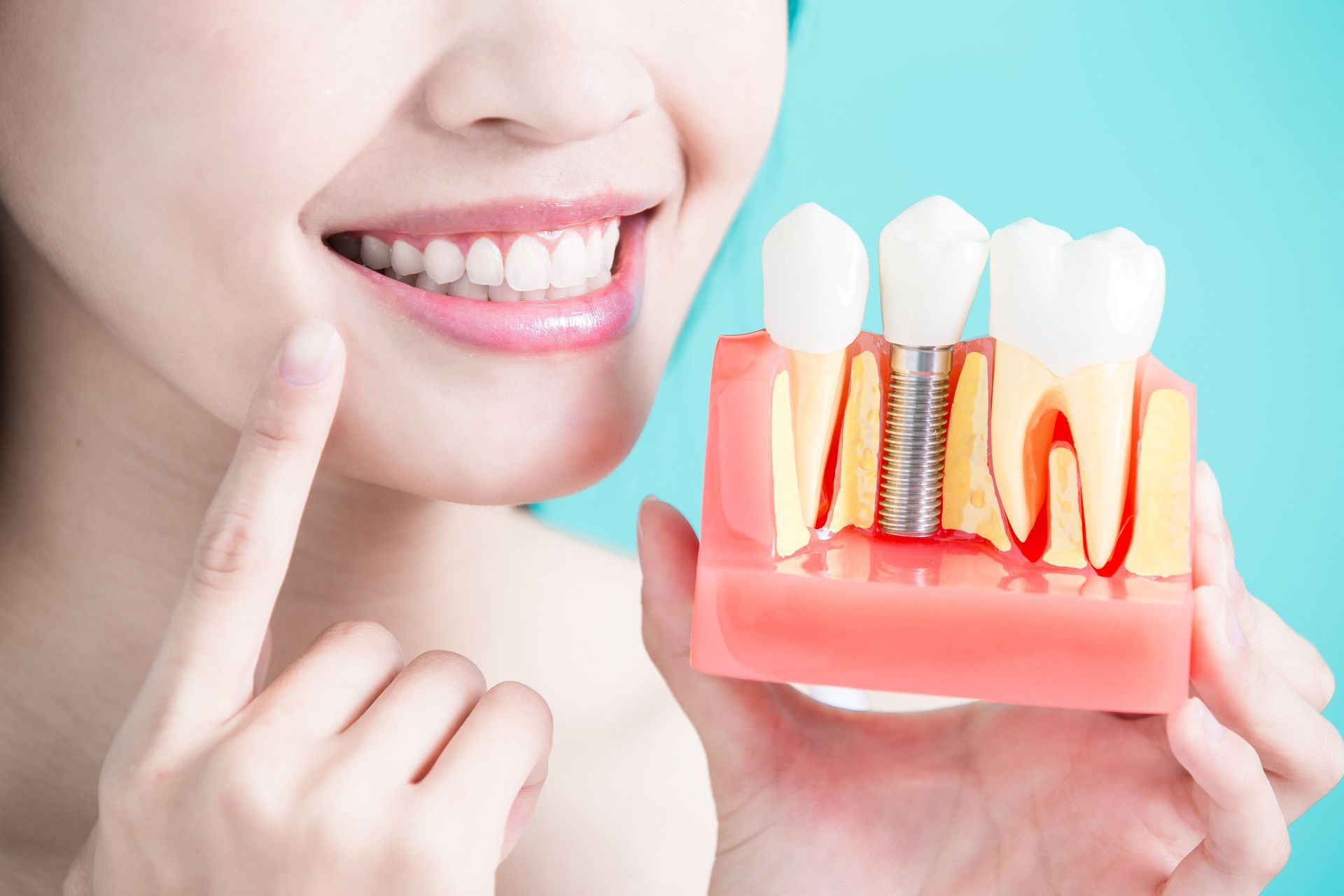
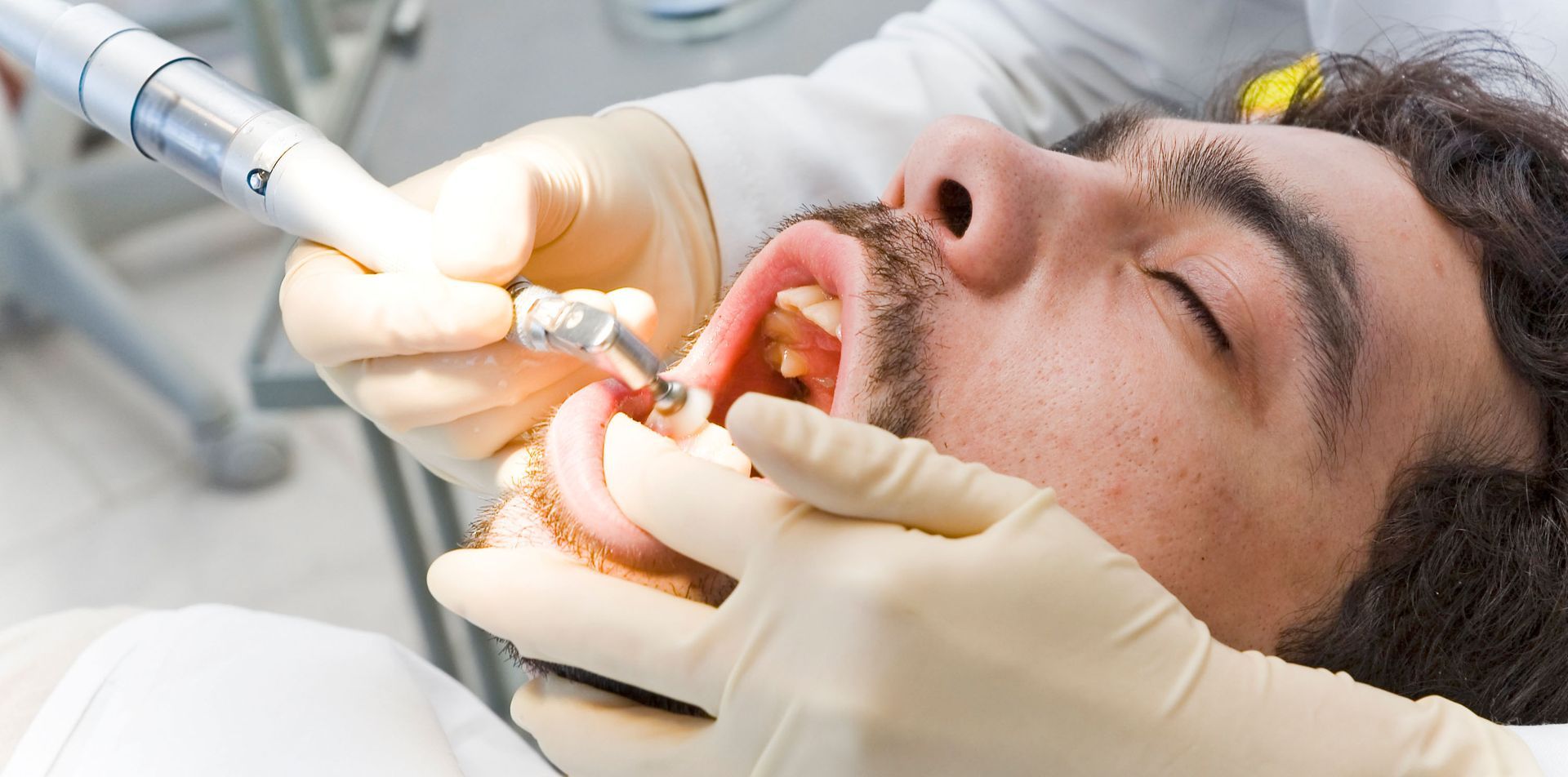
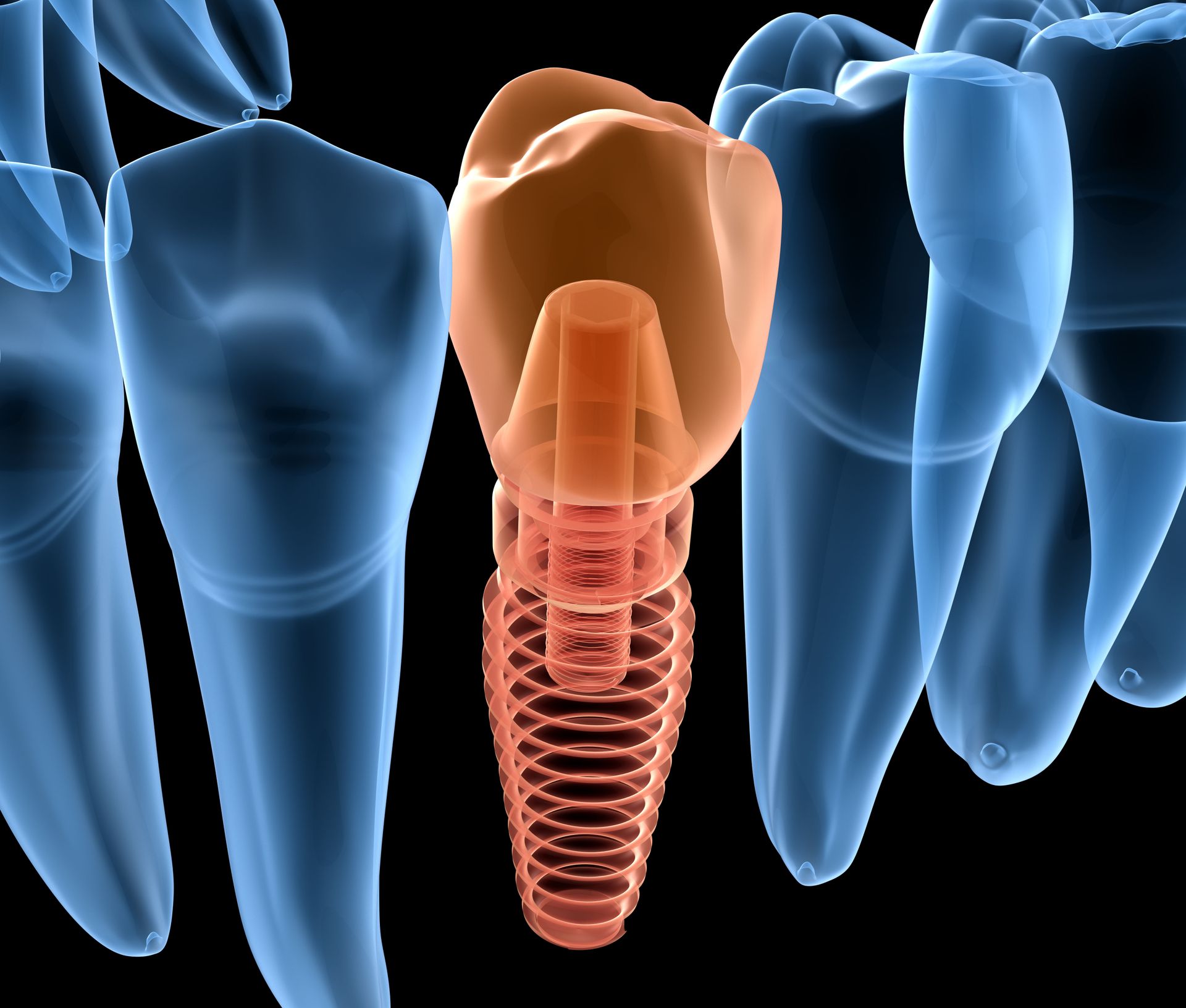
Share On: